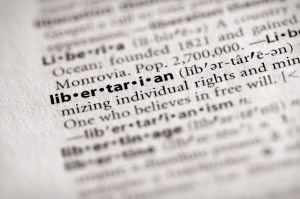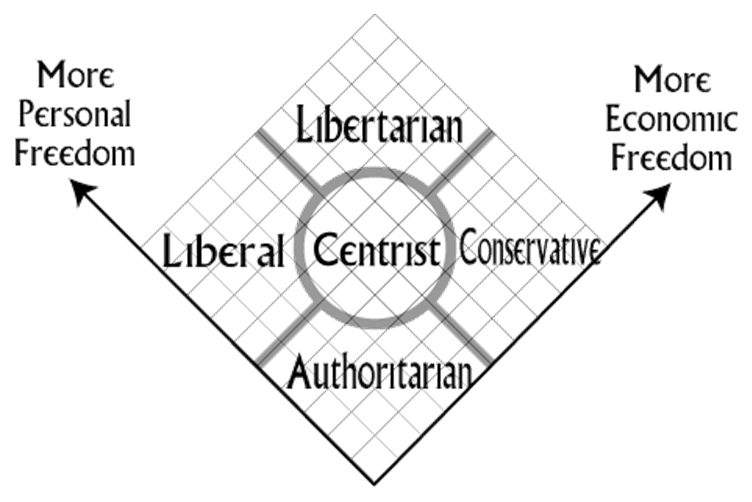If I asked you to name the most popular policy agenda in America today, what would you guess?
Videos by Rare
People on the right might cite decades of poll numbers which show more Americans identify as “conservatives” than “liberals”—by roughly a two to one margin. Left-wingers could point out that nearly a third of Americans count themselves as members of the Democratic Party, outpacing the GOP’s declining numbers, especially among young people.
What if both are wrong?
As the public’s trust in government hits new lows, libertarian positions on major policy issues are reaching record support across the board.
Polls show solid majorities of Americans agree with the libertarian perspective on:
- foreign policy (let’s mind our own business),
- nation-building (unwise),
- warrantless mass surveillance (illegal, immoral, and just plain creepy),
- domestic drone use (bad idea),
- the national debt (it’s a big problem),
- federal spending (waaaay too much),
- the Federal Reserve (audit it),
- health care (DC isn’t competent to handle it),
- government welfare (inefficient and not helping),
- the drug war (legalize marijuana),
- food choice (don’t mandate nutrition),
- marriage (let the couples decide),
- Congress (passes too many laws and the wrong kinds of laws),
- and our government in general (too big and burdensome).
This is not to say our government is even remotely close to reforming policies based on these public attitudes or even that a majority of the country identifies with libertarianism as a package. In fact, Washington DC is currently doing the exact opposite of everything on this list and only about a quarter of Americans identify as libertarians.
But it is to say that we have arrived at a historic moment, or consensus, for libertarians’ policy agenda—can any other major political perspective boast such comprehensive majorities on foreign, economic, and social policies alike?

It’s also worth noting the generational differences that bode well for libertarianism moving forward.
Young people trend significantly more libertarian than their parents and grandparents. Politico Magazine noted Wednesday that “the real momentum among Millennials”—far from resting with support for any candidate with a (D) after his name, principles be damned—can be found among ”those whose politics skew young and libertarian.”
My organization, Young Americans for Liberty (YAL), is riding the wave of that enthusiasm and it shows: Since our founding just five years ago, our network has ballooned to include more than 500 chapters; 7,000 dues-paying members; and 162,000 activists.
Young people are increasingly taking stock of establishment, status quo politics—Democrat and Republican—and rejecting integral aspects of both. In 2012, A.J. Dellinger explained in his aptly titled essay “The screwed generation: Libertarian, not liberal:”
We are the generation that continues to pay into Social Security with every paycheck but suspects we may never see the benefits of it. We are the recipients of degrees that don’t mean much from educational institutions that teach less and cost more. We are the casualties of wars that have gone on for over half of the lifetime of 2012′s first-time voters. In short, we are the screwed generation. The decisions of those before us have left us with an uncertain future and little opportunity to fix things through traditional means.
As for the emerging policy consensus that conventional Democrats and Republicans are both currently unable to harness, all signs point to younger Americans ensuring its longevity. Americans in general are less likely than ever to feel loyalty to a particular party, and millennials in particular have an interest in doing their own research and making their own, independent choices.
This sort of à la carte politics—centered on principle rather than party—is gaining currency in an internet age where government is the one area of life too hidebound to offer us real choice.
A majority of Americans already support libertarians’ policy agenda. Politicians who want to win, take notice.
This essay is adapted from Bonnie Kristian’s forthcoming book, “Love God. Love People. Love Liberty.”
[protected-iframe id=”f76c860fbabc5451d9f0c41920c57134-46934866-51331093″ info=”http://embed.newsinc.com/Single/iframe.html?WID=2&VID=25494920&freewheel=91379&sitesection=rare&height=320&width=425″ width=”425″ height=”320″ scrolling=”no”]



